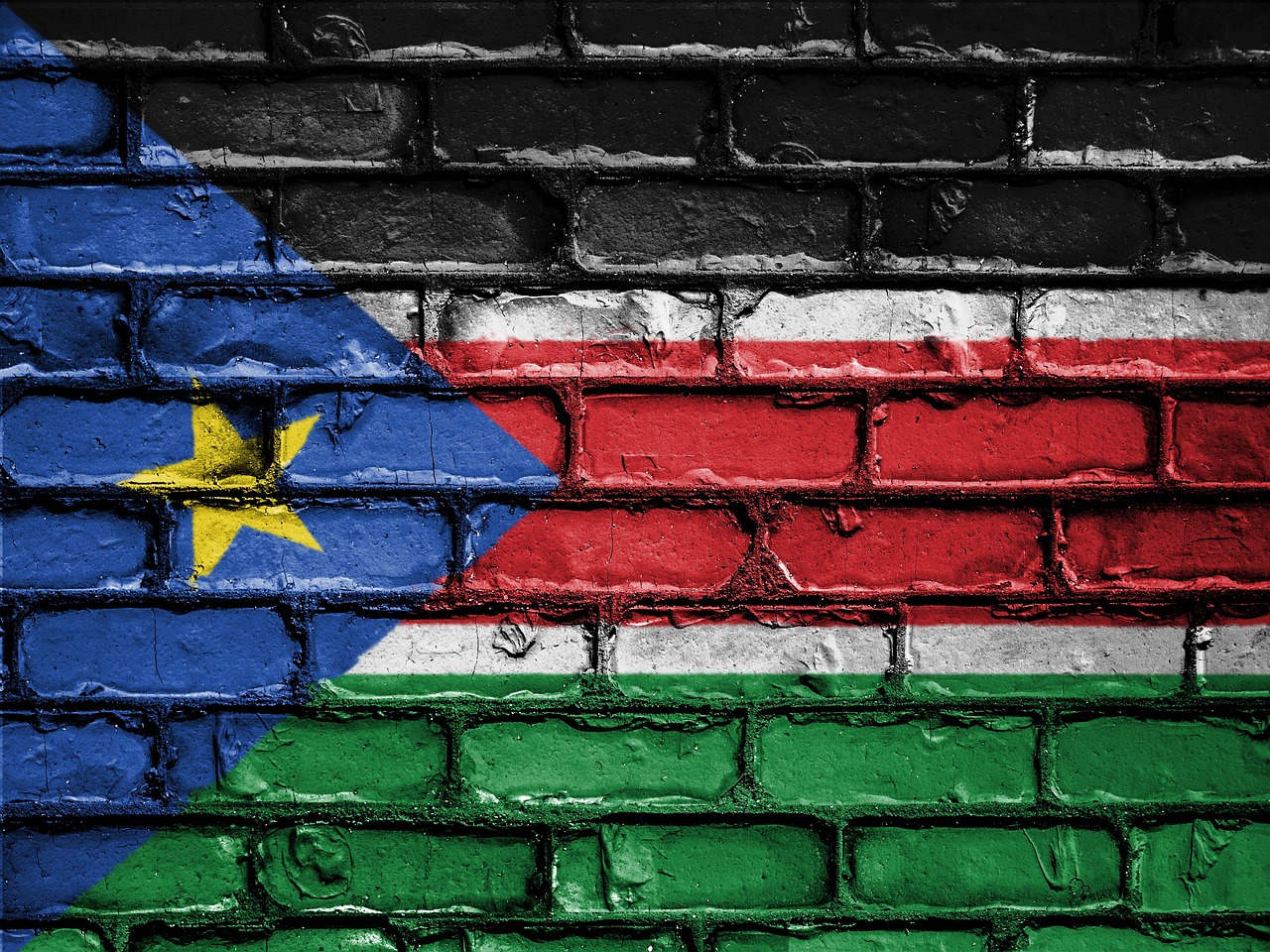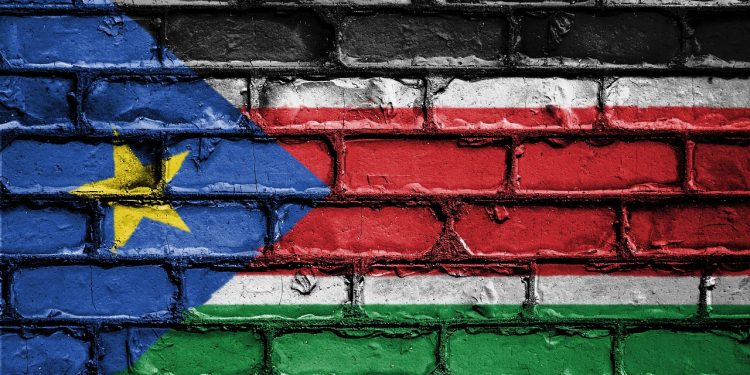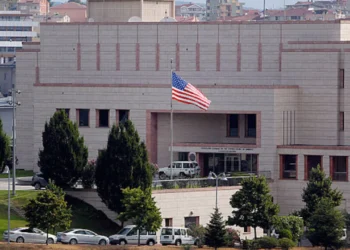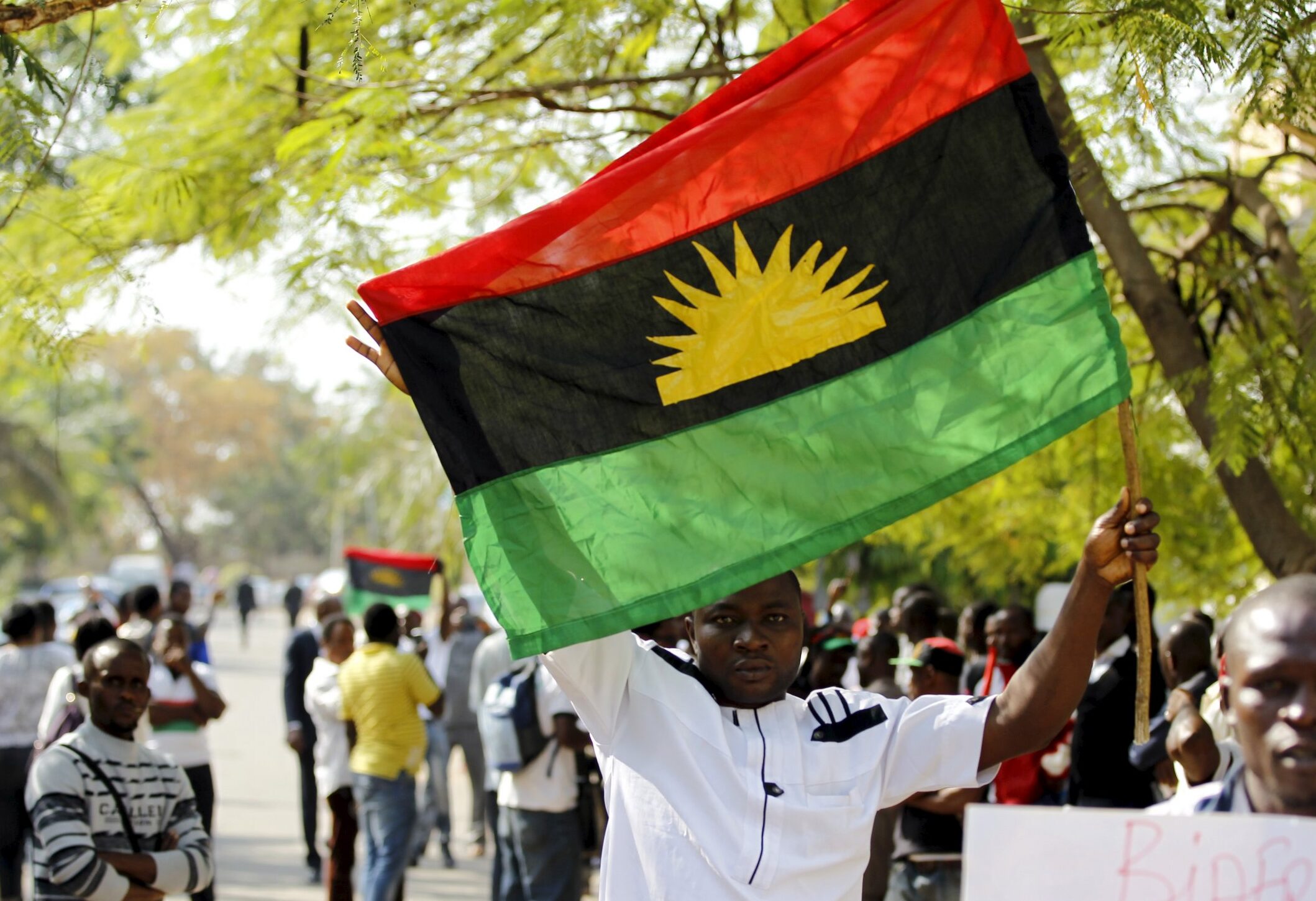When the news broke that Israel was trying to convince other countries to take in Palestinians from Gaza, South Sudan’s name quickly came up. But Juba has made it very clear: South Sudan has said no to hosting Palestinians. And honestly, who can blame them?
This is a country that is still bleeding from its own wounds. A country that only just came out of a brutal civil war where 400,000 lives were lost. A country that is not even feeding its own citizens properly, with poverty and violence still chasing its people every day. To now expect South Sudan to take in Palestinians fleeing Gaza feels more like political convenience than genuine compassion.
Why South Sudan is Refusing
The South Sudanese government did not mince words. Officials told reporters that there has never been any discussion or agreement about resettling Palestinians in their land. In fact, they went further to say there is no deal with Washington either, even though a handful of deportees were accepted in July. That was a one-off, they insist, not a trend.

This blunt rejection tells us one thing: South Sudan knows the weight it is carrying already. It does not want to be used as a dumping ground for other people’s crises when its own citizens live on the edge of survival.
The Bigger Picture
It is also important to see the politics behind this. Israel’s Prime Minister Benjamin Netanyahu openly said Gazans could “emigrate voluntarily” and that talks are ongoing with possible host countries. But this so-called “voluntary migration” is controversial. Where are Palestinians supposed to “voluntarily” go when bombs are falling on their homes? And why should struggling nations like South Sudan be the ones to carry this burden?
At the same time, the United States’ role cannot be ignored. Trump’s policy of deporting convicted migrants and pushing smaller countries to take them is still casting a shadow. South Sudan already has enough problems managing its fragile peace. Taking more outsiders, especially in large numbers could easily upset its balance.
South Sudan’s Struggle is Real
For context, South Sudan is not some strong economic hub that can absorb waves of displaced people. This is a place where millions depend on aid to eat, where violence erupts without warning, and where corruption and instability still define politics. It is fair to ask: if South Sudan can barely manage itself, how can it manage the fallout of Gaza’s crisis?
Final Thoughts
South Sudan says no to hosting Palestinians, and that answer may sound harsh to some. But in reality, it is simply survival logic. Every nation has to protect itself first before it can carry the load of another. Maybe the world should stop trying to push Gaza’s human tragedy onto fragile nations and instead confront the real issue — ending the cycle of war itself.

















